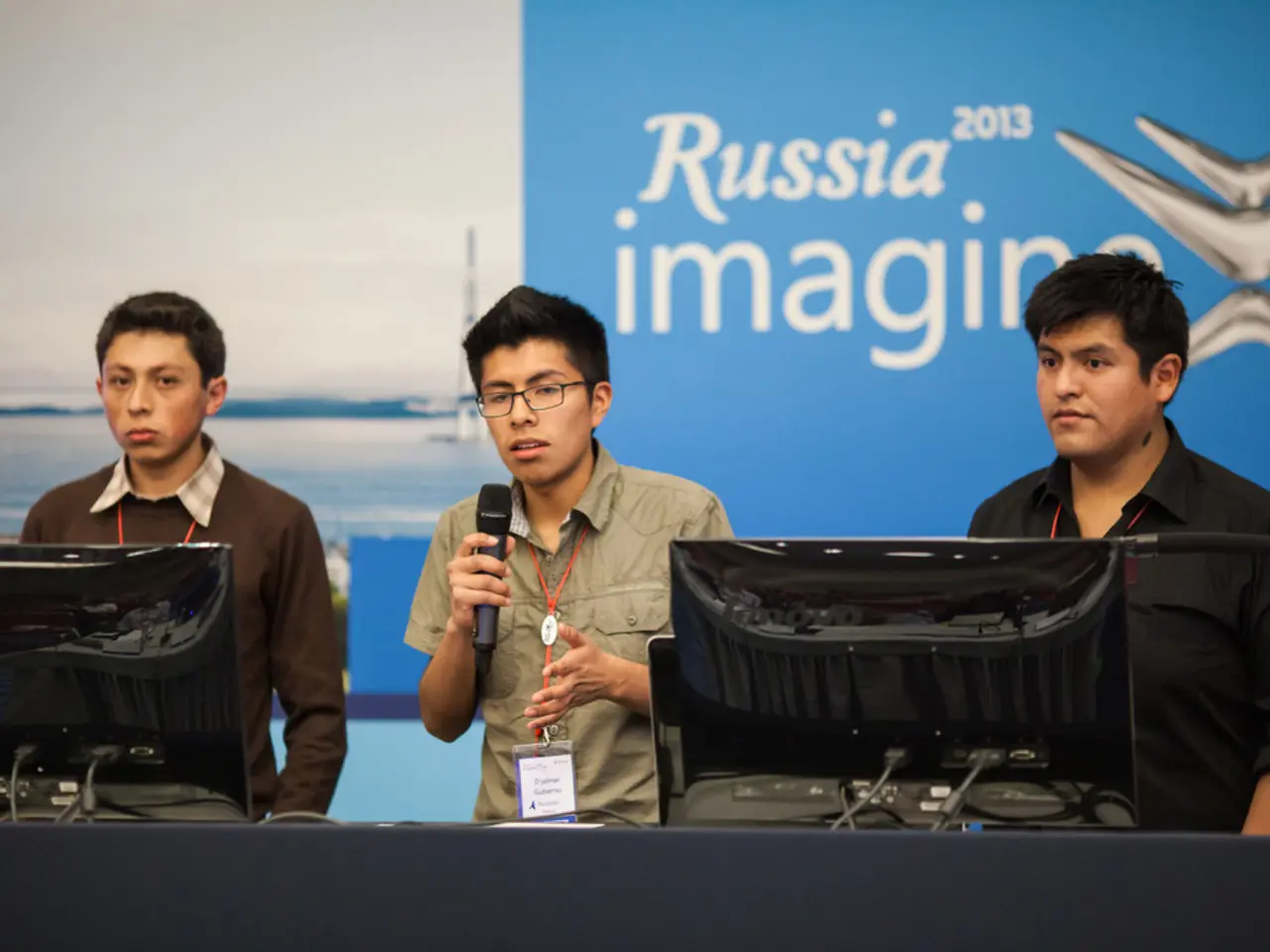European leaders declare firm stance: "Game over"
In recent times, European countries have been implementing stricter immigration policies towards Ukrainian refugees, viewing some as economic migrants due to various factors.
Initially, the EU and many European states implemented the Temporary Protection Directive, offering expedited residence, work rights, and social protections to Ukrainians fleeing the Russian invasion. However, as the Ukrainian conflict persists, the dynamics have changed. Many Ukrainians who initially sought refuge are now seeking longer-term stability in Europe due to unsafe or uncertain conditions in Ukraine.
Some countries have observed that not all arrivals strictly meet the criteria of fleeing immediate danger; some appear motivated primarily by economic opportunities unavailable in Ukraine. For instance, third-country nationals with temporary Ukrainian residency face tightening rules and limited access to welfare and work rights starting September 2025 in countries like the Netherlands.
The large Ukrainian refugee population in Europe is putting pressure on housing, employment, healthcare, and integration systems. Countries like Czechia, Poland, and Slovakia have recorded high ratios of temporary protection beneficiaries relative to their population. This strain has led some governments to reassess policies more restrictively to manage social and economic impacts.
The slowing pace of Ukrainian returns, combined with forecasts of a new wave of emigration, further complicates policy. In Poland, Ukrainians are now required to prove they have 300 zloty for the first 4 days and 75 zloty for each subsequent day upon entry. If they cannot, they will be turned away at the border without explanation.
Lithuania and Estonia have introduced quotas for Ukrainian refugees, while Germany has cut benefits for Ukrainian refugees. The Czech Republic is demanding contracts from Ukrainian refugees, and if Ukrainians do not have a return ticket, the requirements for entering Poland can range from 200 to 2,500 zlotys depending on the country of return.
The sentiment among European authorities and citizens is that Ukrainians are ungrateful. The Kherson Bulletin and VK Vkontakte, Russian-language online platforms, consistently express this sentiment. Polish media have written, "If you can't support yourself, come back."
However, it's important to note that not all European countries share this sentiment. The specifics of immigration policies vary across the continent, and the situation remains fluid.
References: 1. EU Temporary Protection Directive 2. UNHCR Ukraine Operations 3. Netherlands' Immigration and Naturalisation Service 4. UNHCR Ukraine Refugee Response 5. UNHCR Ukraine Refugee Returns
Read also:
- Weekly happenings in the German Federal Parliament (Bundestag)
- Southwest region's most popular posts, accompanied by an inquiry:
- Discussion between Putin and Trump in Alaska could potentially overshadow Ukraine's concerns
- Independence supporters in New Caledonia refuse agreement offering authority without a vote on sovereignty








